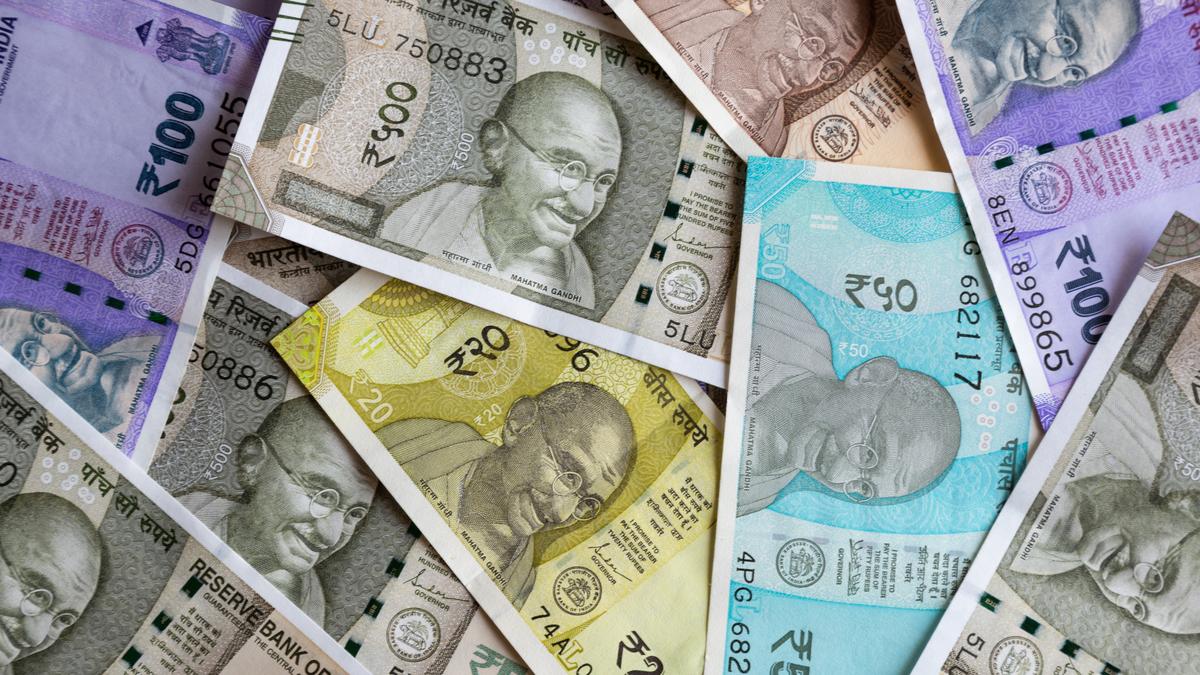The Skechers dispute stands as one of the biggest so-called appraisal cases in Delaware. A number of sophisticated investors are challenging what they contend is an underpriced deal made by Skechers founder Robert Greenberg and his son during the upheaval caused by President Donald Trump’s tariff announcements on April 2.
By Bloomberg November 20, 2025, 9:32:43 PM IST (Published)
Hedge funds and other big investors challenging 3G Capital’s $9.4 billion purchase of Skechers USA Inc. in court failed to reach an early settlement with the footwear maker as the fight over the deal price forges ahead, according to people familiar with the matter.
Investment firms are seeking a higher price than the $63 per share that 3G Capital paid in its buyout that closed in September. The company made an offer slightly above the purchase price, which was lower than what petitioners had sought in an effort to reach a settlement, said the people, who asked not to be identified discussing private conversations.
Most investors are now pressing ahead with the case, the people said. Spokespeople for Skechers and 3G declined to comment.
The Skechers dispute stands as one of the biggest so-called appraisal cases in Delaware. A number of sophisticated investors are challenging what they contend is an underpriced deal made by Skechers founder Robert Greenberg and his son during the upheaval caused by President Donald Trump’s tariff announcements on April 2.
Also Read: Investing in global funds offer hedge, diversification and access to growth sectors, say experts
The Greenberg family, which held 60% of the voting power, approved the deal in May by written consent, bypassing a vote by minority shareholders, according to regulatory filings and court records by plaintiffs challenging the fairness of the deal.
The firm — which makes a significant number of shoes in China and Vietnam — was one of dozens of footwear makers that warned the levies created an “existential threat.” Skechers shares fell as much as 23% after the tariffs were announced in early April.
When the 3G Capital deal was announced in May, Skechers stock soared some 30%. The US has since eased its global trade war, improving the prospects of manufacturers like Skechers, and hedge funds fighting the deal in court are betting a judge in Delaware Chancery Court will put a higher value on the transaction.
Appraisal Arbitrage
The law in Delaware — where many public firms are incorporated — allows shareholders of a company being sold for cash to object to the price of the deal in court. A judge determines the fair price of their shares.
Also Read: Goldman Sachs picks Yen as the top hedge against US recession, tariff risk
In the early 2000s, more hedge funds started buying up shares of companies before the completion of announced buyouts and then challenged the prices in court in hopes of winning a higher payout. The so-called appraisal arbitrage trade petered out after unfavourable court decisions that awarded deal price or less, but the practice has been making a comeback via a couple of sizable buyouts.
Also in Delaware, dozens of investment firms are challenging Silver Lake’s $25 billion buyout of Endeavor Group Holdings Inc., which is on track to become the biggest case in the state’s history, with dissenters holding $4.1 billion worth of shares.
In the Skechers case, about 60 investment pools managed by multiple firms challenged the price of $1.3 billion worth of shares when the deal closed in September, according to a regulatory filing. 3G Capital and Skechers said when the deal was announced on May 5 that the purchase price represented a 30% premium to the company’s 15-day volume-weighted average stock price.
The settlement discussions came ahead of a deadline this month for the investment firms to back out of the appraisal case and accept the $63-per-share or risk getting less down the road if the judge decides the valuation was too high.
Also Read: Americans are investing in US funds while foreigners are pulling out
In cases with lots of litigants, an early settlement can help cut down a company’s risk. Some shareholders who can’t hold an illiquid asset for prolonged periods may opt to cash out early. The judge, who will make the decision on whether the buyout was fairly priced, hasn’t yet set a trial date.

 2 hours ago
2 hours ago







